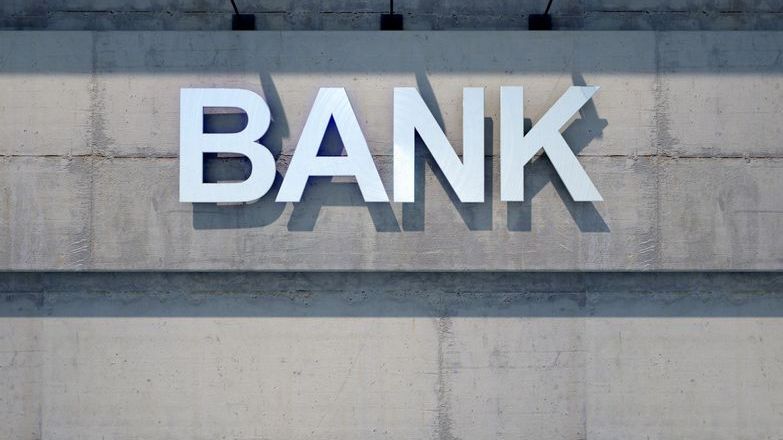
The changes will be brought about by The Payment Services (Amendment) Regulations 2024. When a transaction is flagged as unusual, banks will look at spending patterns, contact the customer, and investigate further before monies are transferred.
The problem of fraud is genuine
The new measures are designed to deter financial scammers, including those who target the property market aiming to con people into transferring their deposit or purchase funds to them. Scams are becoming increasingly sophisticated, with criminals often posing as lawyers or conveyancers to win customers’ trust and trick them into giving up their cash.
Small and medium-sized businesses, like many estate agencies, are also particularly vulnerable to payment diversion fraud, where the perpetrator targets a specific individual, impersonates others, creates or amends invoices and diverts payments to criminal-controlled bank accounts.
Sledgehammer to crack a nut?
Fraud cases are on the rise, and when they happen it is a serious matter, and undeniably distressing for those affected. However, fraudulent transactions represent a tiny percentage of the business.
In the home buying and selling market, it is increasingly common for completion and exchange to happen on the same day, so even a small number of delayed payments could have a large knock-on effect for movers.
Watching brief
Finance UK, which represents the banking industry, states that the new regulations are most relevant to investment and romance scams, where a victim is being manipulated, with the power expected to be used sparingly.
Propertymark will monitor the implementation and contact stakeholders to share any evidence of unintended consequences. Agents who experience any problems because the changes can contact the Policy and Campaigns Team at [email protected].






